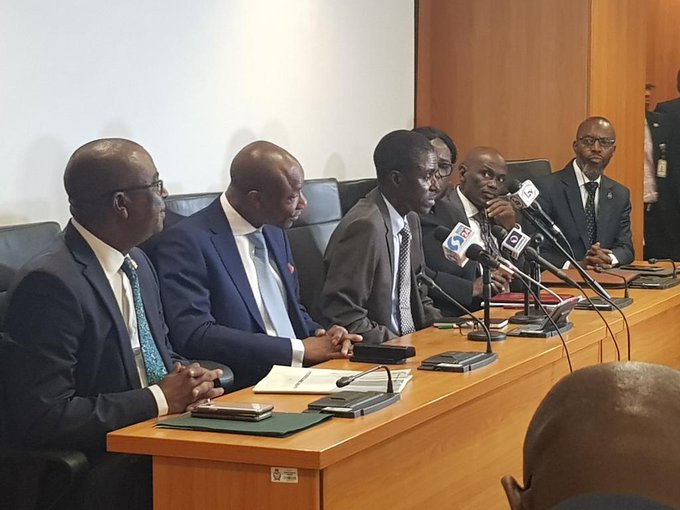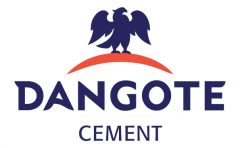
In its determination for infrastructure renewal, apparently encouraged by the deal with the Dangote Group to rebuild the all-important Oshodi-Apapa expressway in Lagos in exchange for a tax rebate, the Central Bank of Nigeria (CBN), on Tuesday in Lagos, said the Federal Government is in talks with chief executives of banks in the country to finance the construction of four roads across the country (READ MORE).
Addressing the press at the end of the 348th meeting of the Bankers Committee in Lagos, Director of Banking Supervision at the CBN, Bello Hassan, said the government had invited the Bankers Committee to consider the possibility of Public-Private Sector Partnership (PPP) in a bid to bridge the nation’s huge infrastructural deficit.
Consequently, he said a sub-committee comprising bank CEOs has been put in place to begin initial discussions with the government on ways to actualize the road construction project.
It is therefore, he noted, “too early in the day to discuss how this structure is going to be. The committee has already set up a small subcommittee to look at the modalities and also engage the government so as to know the way forward.”
Contributing, Managing Director of FSDH Merchant Bank, Mrs. Hamda Ambah said the meeting agreed with the long-held belief that the government alone cannot provide all of the infrastructure needed by the country, especially the demand for its dwindling revenue.
According to her, “we in the private sector have to work hand-in-hand with the government to ensure that the infrastructure that this country needs to move ahead is provided.
“With that in mind, what was agreed was that we create a small committee among the CEOs to work with the CBN to identify those roads where we would like to participate and come up with a framework which we would share with government, and once we have an agreement, we would be able to forge ahead.”
Meanwhile, in a new attempt at infrastructure financing, NIRSAL Microfinance Bank says it has so far disbursed N18bn under its Agri-business Small and Medium Enterprises Investment Scheme (AGSMEIS) to about 5000 applications across the country since inception.
A breakdown of the disbursement, according to acting Managing Director NIRSAL MFB, Abubakar Abdulahi Kure, showed that 30% of the amount went to the agriculture sector, followed by manufacturing and fashion.
“The idea is that we need to build capacity for SMEs, because if we give someone funds without capacity development, they might not be able to manage the funds,” he stressed.
With paid-up capital shored up by 50% to N7.5bn from N5bn, Kure said “the current agenda is to increase the branches to about 120 across the country. Of course, we are leveraging on the post office, and that is why the Bankers Committee has supported us by increasing credit capital, so we can use it to fund the assets we have acquired.”
Also speaking, Managing Director and Chief Executive of Guaranty Trust Bank, Segun Agbaje said the Loan to Deposit Ratio, remains “one of the most successful things that were done in 2019.”
Judging by how much loan created over the past six months period, he said the policy has proven to be “very critical to not only in the banking industry but to Nigerians as a whole that this continues. Consumer credit has grown very well.
“The corporates who have always have credit have also been availed more credit, and for any economy to grow the SMEs and retail segments must be availed with credit and I think the LDR is doing that very well.
“I think most banks are closed to 60% which, as the director said, which we will push to try to get ourselves the remainder of the five percent between now and the end of the first quarter and maybe at the worst by half-year,” he stressed.
Rising from its first meeting of the year in January, members of the CBN’s Monetary Policy Committee, applauded the efficacy of the LDR policy and the way it is “stimulating substantial increases in private sector loans, lowering market lending rates and has progressively diversified industry credit portfolio.”
Gross banking industry credit, according to a communiqué issued at the end of the meeting, grew by N1.997tr between the end of May and December 2019, which was “channeled primarily to employment-generating sectors such as agriculture and manufacturing.
“This is in addition to increased lending to the retail and SME segments, expected to help boost domestic output growth in the short to medium term in support of the economic diversification agenda of the government.
The significantly impacted industry LDR ratio from 57.45% at end-May to 60.64% in December.















